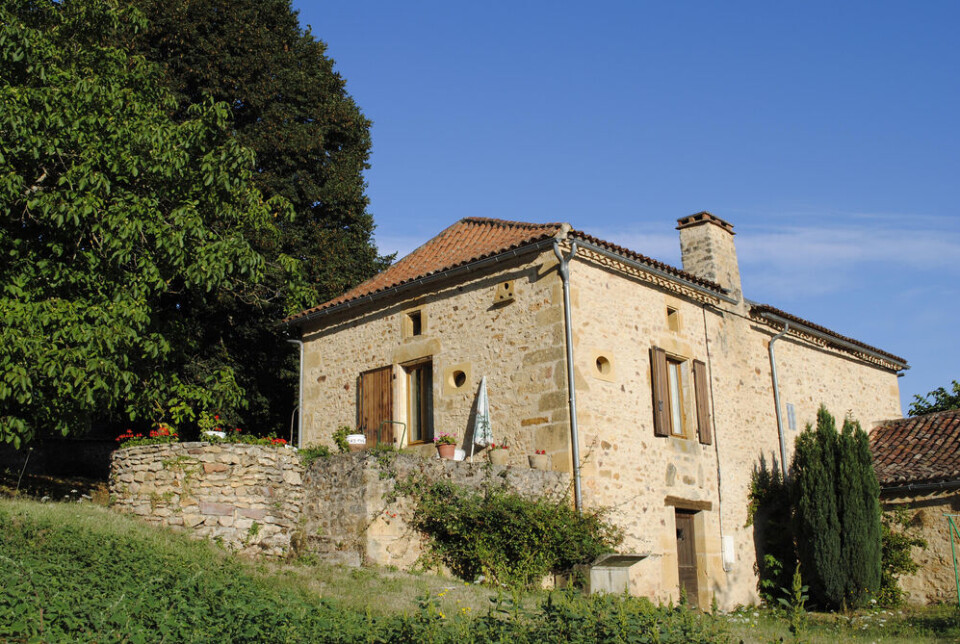-
Can you offer rentals in France when staying on visitor visa?
There are different thresholds for rentals before they are deemed as ‘professional income’
-
Must all properties in France have a ‘smart’ thermostat?
Modern thermostats can automatically set temperatures even when residents are away
-
Repayable-on-death equity release loans open again to non-EU retirees
Products have recently started being offered by bank group again after it paused them in 2019
Taxe foncière French property tax: what rises to expect in 2024?
Increases are expected to be lower than in 2023, although there may be a lot of variation in local rates

Taxe foncière, France’s property owner tax, is levied on over 30 million properties annually.
In 2023, there was an across-the-board increase of 7.1% on the tax, however local authorities can choose to place additional increases on it, meaning in some areas the overall increase was into double figures.
In 2024, however, this general increase is expected to be significantly lower than in 2023 due to the smaller rise in the valeurs locatives cadastrales (VLCs), which are theoretical rental values attributed by tax authorities to each property.
Taxe foncière is worked out based on half of a property’s VLC, to which percentage rates set by municipal councils (and in some cases intercommunal bodies) are then applied.
Read more: Taxe foncière explainer: Who pays and the exemptions
As a rough example, if a property’s VLC is €8,000 and the council has a 20% rate, then the bill (not including other factors such as waste collection tax) would be 20% x €4,000 = €800.
Why will the increase be lower?
While your property’s VLC is specific to your property (based on size, comfort, location etc), all VLCs increase annually based on a formula tied to the indice des prix à la consommation harmonisé (HCPI), a consumer price index which rises with inflation.
To obtain the rise applicable to 2024’s tax calculations, the HCPI figure for November 2023 will be compared to the figure for November 2022.
This will equate to a 3.9% increase, and therefore a 3.9% rise in VLCs.
Changes may be higher
This figure does not necessarily tell the whole story, however, as for some homeowners the increase could be higher.
Taxe foncière is one of the few remaining areas where local authorities can control their level of income, in this case by setting the percentage rate that they apply. Some communes see this as one of the few ways they can retain some fiscal independence.
Some local rate increases in 2023 were put in place by councils to cover what authorities claimed to be real-terms losses in income resulting from the end of taxe d’habitation, another property tax, on main homes (the government, however, stated this had been replaced by grants to compensate).
Read more: Why French property tax bills in 2023 showed big increases
While the tax authorities say about 85% of communes in 2023 applied the same rate in 2022, some raised their rates, usually only moderately.
Some, however, hiked them strongly, including certain large cities, such as Paris which raised its rate by 51.9%.
Having said this, only 19% of towns and cities with 40,000 or more inhabitants increased their taxe foncière rates according to the Association des maires de France.
Upcoming elections could result in lower taxes
Some 463 out of France’s 35,000 communes went against the grain in 2023 by actually lowering their rates, so people’s bills there went up less than 7.1%.
The number of communes doing the same in 2024 could rise again, due to upcoming municipal elections in 2026, which elect mayors and councillors.
“Overall, the closer we get to 2026, the fewer local authorities will increase their rates [of taxe foncière],” said Luc-Alain Vervisch, Director of Research at La Banque Postale.
Communes have until April 15 to set – and vote on – their taxe foncière rates.
























